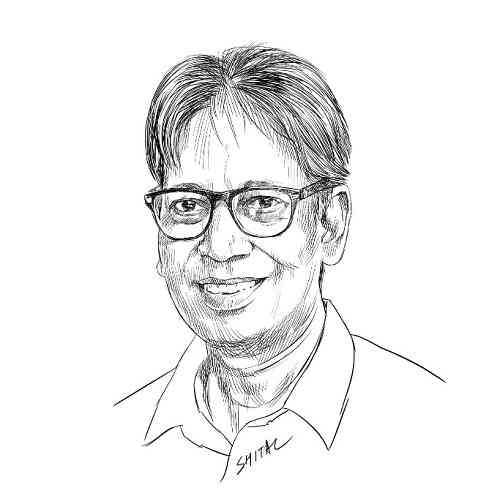'We don’t design courses', Delhi HC rejects PIL seeking 4-year LLB course
The Delhi High Court on Thursday refused to entertain a PIL filed by BJP leader and advocate Ashwini Kumar Upadhyay seeking the constitution of a 'Legal Education Commission' to evaluate the viability of a four-year LLB course.

New Delhi, May 2 (IANS) The Delhi High Court on Thursday refused to entertain a PIL filed by BJP leader and advocate Ashwini Kumar Upadhyay seeking the constitution of a 'Legal Education Commission' to evaluate the viability of a four-year LLB course.
Upholding the authority of educational bodies to determine the academic curricula, the court said it does not intervene in the domain of course design.
“We studied in a six-year education system after 12th. You're asking us to change that. This isn't our domain. We don't design courses,” said a division bench comprising Acting Chief Justice Manmohan and Justice Manmeet P.S. Arora.
The bench also said that the judiciary does not dictate educational policies and that decisions regarding course duration and structure fall under the purview of the educational authorities.
Responding to Upadhyay's argument about the historical precedent of shorter LLB courses and the achievements of eminent legal luminaries, the bench stressed the need for continuous education and self-improvement throughout one's career.
The court also expressed dissatisfaction with the depth of study reflected in the PIL, pointing out the dynamic nature of legal education, which incorporates interdisciplinary approaches and adapts to societal and technological advancements.
Rejecting the plea, the bench urged Upadhyay to channel his concerns through appropriate platforms, such as representations to the relevant authorities.
Upadhyay subsequently withdrew his plea.
Upadhyay had sought a directive from the Bar Council of India (BCI) to form an 'Expert Committee' comprising retired judges and jurists to assess the coherence of the five-year LLB course with the National Education Policy 2020.
The PIL argued that the existing LLB course structure is arbitrary and imposes unnecessary burdens on students, advocating for a transition to a four-year programme aligned with contemporary educational principles.
While the court acknowledged the petitioner's concerns, it reiterated its stance on the judiciary's limited role in educational matters and encouraged dialogue and engagement with regulatory bodies to address the perceived shortcomings in the legal education system.
--IANS
spr/arm



 IANS
IANS 










